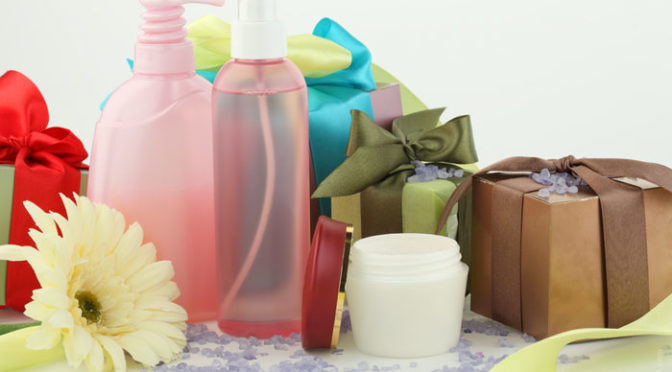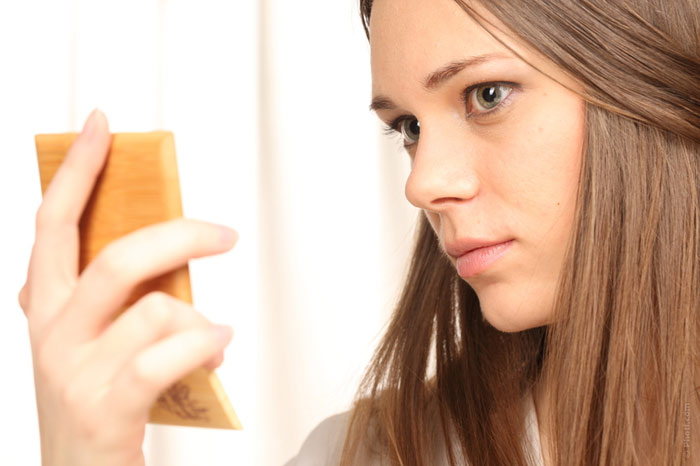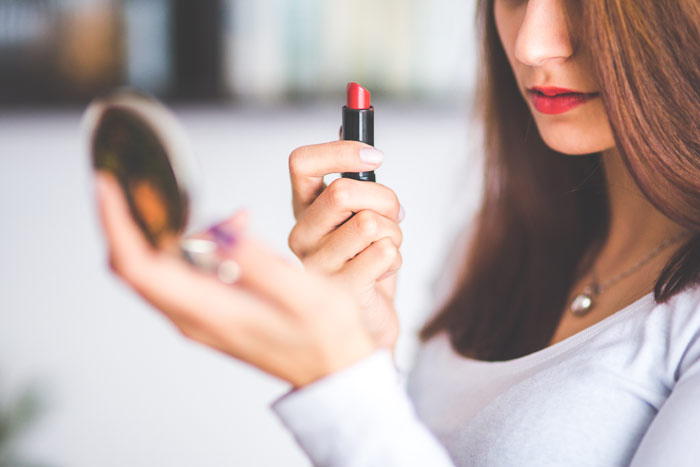Hypoallergenic cosmetic products are called by far the safest ones. Yet, is it really so, and can their composition cause a negative reaction on the skin?
What do hypoallergenic cosmetics mean?
First of all, pay attention to the word “hypoallergenic”. The prefix “hypo” means “minimal”. That is, hypoallergenic cosmetics does not boast 100% guarantee against allergies, and its use only reduces the risk of an undesirable reaction. In the most general form, hypoallergenic cosmetics is the one that has been tested on a person and contains reduced levels of chemical and natural components that cause allergies.
At the same time, the legislation of many countries does not restrict the use of the word “hypoallergenic” on the packaging of cosmetic products. In other words, this inscription can only be a marketing trick that does not obligate the manufacturer to do anything.
Can allergies occur?
Most often, an undesirable reaction on the skin or on the mucous membrane (in particular, one can have watery eyes due to improper cosmetics, so a better alternative must be found) is triggered by preservatives, fragrances, dyes, essential oils (although they have been actively used in anti-aging cosmetology lately). Still it is impossible to exclude the appearance of allergies by 100%. In fact, the reaction may not be pronounced or may not manifest itself immediately.
Benefits of hypoallergenic cosmetics
The production of such cosmetics normally involves high-quality products of natural origin. For example, there can be extracts of medicinal plants, nutrients and oils, natural esters and acids. Keep in mind that most of them are quite expensive. Therefore, too cheap hypoallergenic cosmetics will most likely be a fake.
Ideally, the products marked “hypoallergenic” should not contain any preservatives, but any tool will most probably become unusable after a couple of weeks if it is totally void of them. Therefore, preservatives are still present in modern cosmetics, but their number is brought to a minimum. Hypoallergenic cosmetics should not contain a lot of dyes and chemical fragrances (ideally, it is better to choose a product without them at all, if your skin does not tolerate all of the cosmetics).
How to choose hypoallergenic cosmetics
You decide whether to choose usual cosmetics or hypoallergenic cosmetics. If a person is not susceptible to allergies and does not develop any redness or itching after applying it, there is no point in paying more money. If you still need such products, you need to be alert: no one can guarantee that the skin will respond to the new composition adequately. The best advice is to check any composition on the wrist or bend before applying it on the face.


